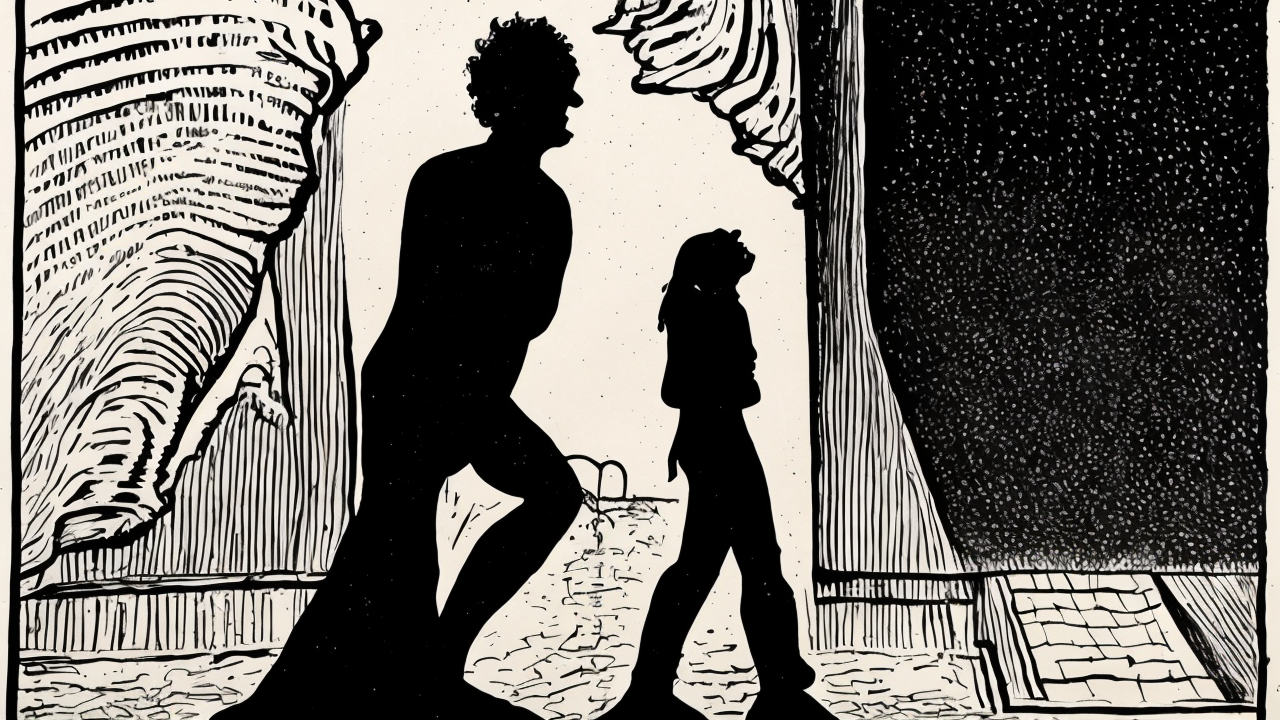Study Reveals Why Some People Struggle to Learn from Their Mistakes

A new study by researchers at the University of New South Wales (UNSW) sheds light on why some individuals repeatedly make poor decisions despite facing negative consequences. Published in Nature Communications Psychology, the research identifies three distinct behavioral phenotypes: Sensitives, who easily connect their actions to outcomes; Unawares, who can adapt after receiving additional information; and Compulsives, who persist in bad decisions even after understanding the risks.
The study used an experimental video game where participants chose between two planets to trade with, with one planet occasionally causing point losses. Researchers observed a stark divide: while most players adapted by avoiding the problematic planet, Compulsives failed to adjust their behavior despite knowing the risks. This suggests a deficit in cognitive-behavioral integration, where individuals recognize the consequences of their actions but struggle to translate that knowledge into optimal decision-making.
Follow-up experiments with participants from 24 countries confirmed that these behavioral profiles remain consistent over time. The researchers noted that environmental factors, such as infrequent punishment, may exacerbate this tendency. While early interventions or explicit strategies could help, the study highlights that information alone is insufficient to change the behavior of Compulsives.
The findings have implications for public health messaging and interventions targeting addictive behaviors, such as gambling, drug use, and alcohol abuse. The study underscores the need for more nuanced approaches to help individuals break self-destructive cycles. Further research is underway to explore potential solutions and better understand the underlying causes of this persistent behavior.
Published: 7/24/2025
















